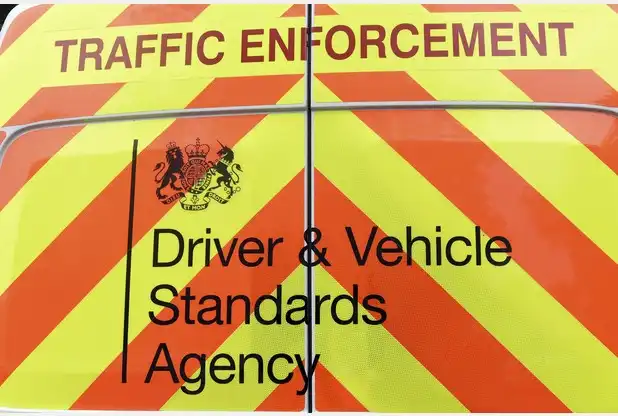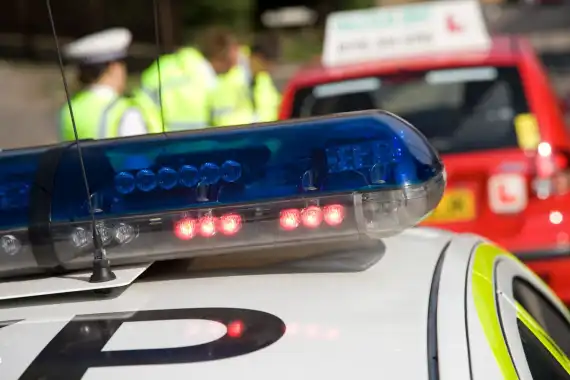
How to deal with scam emails
A scam email enclosing a fixed penalty notice “receipt” for non-existent offences is making the rounds in the UK, The Driver & Vehicle Standards Agency (DVSA) has warned. However, the Agency: “Never sends fixed penalty notices to customers by email”, it said.
The Agency's advice should you receive this message is not to:
- click on any links in it,
- reply to the email or contact the senders in any way,
- open any attachments that arrive with the email.
Furthermore, if you have clicked a link within the fraudulent email: ”Do not supply any information on the website that may open”.
The DVSA chose not to specify the type of information the fraudulent website requests; but there are trends. Typically your full name, postal address, date of birth, vehicle registration number, and credit/debit card number have value to criminals as it might allow them to commit a wide range of identity theft offences.

Consequences of identity theft
Action Fraud is the national fraud and cyber crime reporting facility. It said that criminals could use stolen personal data to:
- open bank accounts,
- obtain credit cards, loans and state benefits,
- order goods in your name,
- take over your existing accounts,
- take out mobile phone contracts,
- obtain genuine documents such as passports and driving licences in your name
Report scam email perpetrators
The DVSA recommends reporting the perpetrators of this – or other – fraudulent emails to Action Fraud. The Centre says: “Your report will help to build an intelligence picture which can be used by police and other anti-fraud organisations to combat fraudsters”.
Action Fraud has two specific areas of interest
Malware: Unwanted software which has adversely affected your computer, phone or computer device. It may have been downloaded when you were visiting a website or via an email link.
Phishing: Email/call/message which has been received claiming to be an official body and asking for personal details, has promised rewards, prizes or shares of fortunes for small fees.

DVLA scam emails
The Driver & Vehicle Licensing Agency (DVLA) has been targeted numerous times too.
Last year, motorists received an email telling them to confirm their identity and make a payment to retain their licence - however this was a scam.
More recently, motorists have received an email – claiming to be from the Agency – relating to direct debit payments for vehicle excise duty (road tax). However, the email included a Word document virus.

The DVLA said: “We do not send Word documents when confirming direct debit payments - and we strongly advise anyone who receives one of these, or any similar email, not to open the Word document and delete the email”.


